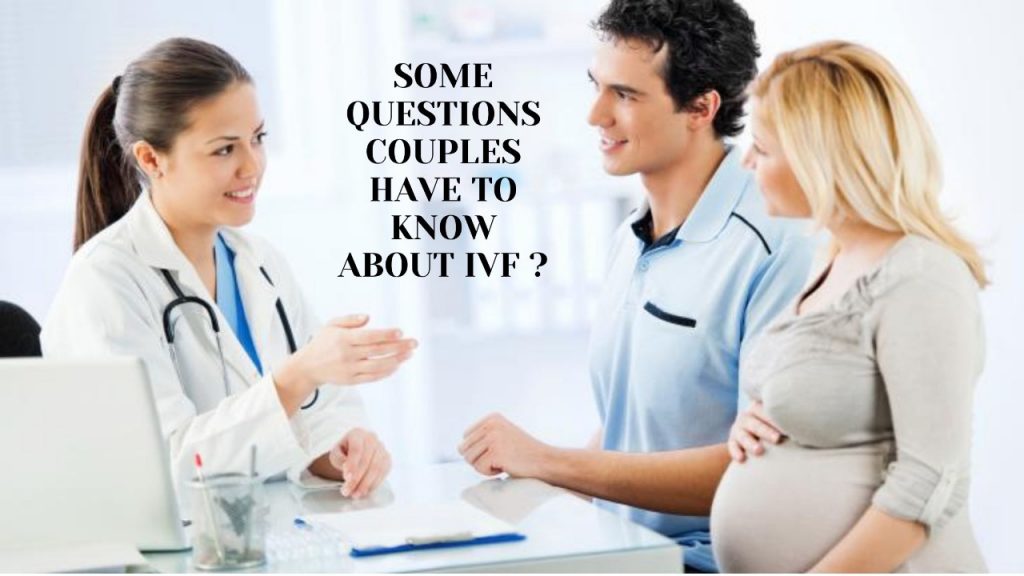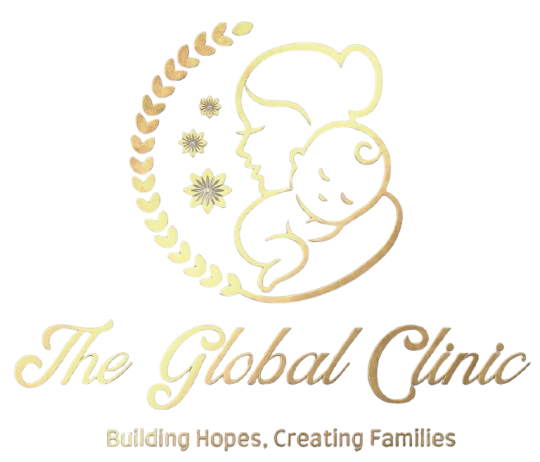In vitro fertilization (IVF) is a procedure that will help partners who are having trouble conceiving take the initial steps toward parenthood. If you’re having trouble conceiving, you might be curious if IVF is right for you.
What is IVF?
IVF stands for In Vitro Fertilization. According to Best IVF Centre In Greater Noida, The most popular form of assisted reproductive technology (ART) is in vitro fertilization (IVF), which is used to build an embryo while preventing such triggers of infertility, such as slight sperm defects in men and fallopian tube or ovulation irregularities in women. During IVF, a woman’s eggs are surgically extracted and fertilized in a lab by combining them with sperm from a mate (or donor). The fertilized egg, or embryo, is then surgically transferred back into the woman’s womb after two to five days of development
How long can I wait to see a fertility specialist?
After a year of attempting unsuccessfully to conceive, most people will seek advice from a fertility specialist. The normal fertility rate (the probability of a fertile couple conceiving a child in any given month) is about 20%, resulting in about 90% of couples getting pregnant after a year of attempting to conceive. The remaining 10% of couples should seek advice from a fertility doctor. After six months of trying to conceive, women over thirty are advised to undergo a fertility therapy evaluation. Also, meeting with a fertility specialist soon after agreeing to try for a child can be helpful for women over forty.
Is IVF a viable alternative for me?
Some considerations go into deciding whether or not a patient is a good candidate for IVF treatment. Couples that may be appropriate applicants include those who have:
- Sperm numbers are poor.
- Blockage in the fallopian tubes
- Other medical conditions or unknown fertility problems
How powerful is IVF?
According to national figures from the Centers for Disease Control and Prevention, the average IVF success rate using one’s eggs starts to fall about the age of thirty and declines steadily in the mid-thirties and early forties due to lower egg quantity and quantity. Our success rates at Global IVF clinic under Dr Ramya Mishra Shukla significantly outperforms the national average. A person’s height, weight, infertility diagnosis, sperm count, and reproductive history, such as the prior number of pregnancies, miscarriages, and births all affect success rates of IVF.
How long would it take for IVF to work?
Before egg collection, the in vitro fertilization period will take anywhere from four to six weeks. After that, the embryo(s) will be inserted two to five days later. Some patients don’t get pregnant on their first IVF attempt; in particular, it’s not unusual for them to go through multiple IVF cycles before getting pregnant.
Is there a risk of side effects from IVF?
Mood swings, headaches, hot sweats, stomach pain, and bloating are all side effects of pregnancy medications. Fertility medicine can cause ovarian hyper-stimulation syndrome (OHSS) in extremely rare cases, which can cause more severe symptoms like:
- Vomiting or nausea
- Breathing problems
- Decreased Urinary output
- Bloating and stomach pain
IVF may be suitable for couples who have attempted traditional infertility therapies but have struggled to conceive. IVF may also aid in the treatment of some male infertility issues. Before deciding whether IVF is the best solution for you, meet with Best Infertility and IVF specialist in Delhi/NCR, Dr. Ramya Mishra Shukla and her team at Global IVF Clinic to discuss and assess all of your treatment choices.




